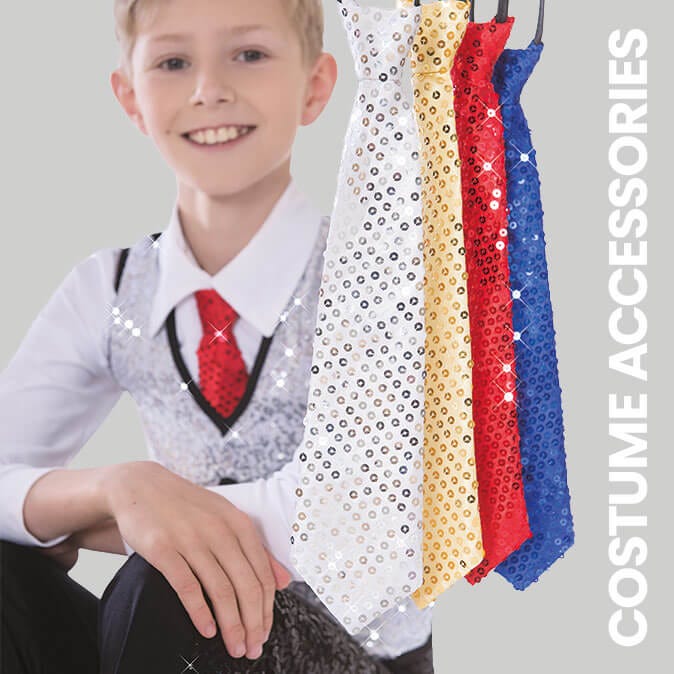Emotions can run high in a dance school–especially when you are managing the expectations and concerns of parents. Parents are naturally going to be invested in their child's success but there’s a fine line between being an engaged parent and becoming a source of stress for you and your staff. It can be difficult when you feel like you are doing nothing but managing parents' problems all day long when you could be focusing on other areas of your business, but you are not alone! A lot of dance school owners get the emails, the phone calls, the did you hear what so-and-so said on social media whether it’s about the choice of costume, song, rehearsal schedules and the list goes on.
There is a difference between a problem parent and a parent with a problem.
Realise that you can’t please everyone nor can you always get it right. Once you identify what type of parent you’re facing–whether it’s a problem parent or a parent with a problem–you can take some of the emotion out of the situation and go in with a clear head to resolve issues with a commitment to your school's culture, mission, and goals.
Traits of a problem parent
- A problem parent is someone who has unrealistic expectations and will never be satisfied with your decisions.
- They demand an exception to every rule and take up an unfair amount of your time and energy.
- They take their opinions and concerns to the waiting room or to your faculty spreading gossip and negativity.
- They undermine your ability to run and manage your studio effectively.
These parents can hurt your school culture and cause worsening problems for you, your students, and staff.
Traits of a parent with a problem
- A parent with a problem is someone who is advocating for their child.
- They ask for explanations or set up a meeting to discuss your policies or class placement.
- They bring an issue to your attention with respect and the intent to resolve it.
- They hold their child responsible, accountable, and include them in the situation.
These parents can actually help to improve your dance school when you take time to see the problem as an opportunity to grow.


It can take time and sometimes sleepless nights, as you learn the hard way to identify which parents have a problem, and which are a problem. Our advice is to set boundaries and get clear on your dance school policies. If you feel you are compromising your professional standards and bending rules to keep a parent happy, you have a problem parent.
This problem parent scenario usually ends with some sort of drama; a balance is left unpaid, a dancer leaves or is kicked out, a parent rants on social media, or a combination of all three. However, you will usually find that your school is better off and that you have a new sense of purpose and clarity around running your dance school.
When you know the difference between a parent with a problem versus a problem parent, you can swiftly take action to make sure whatever ups and downs you face that it doesn't crush your spirit or passion. Use problem-solving as your fuel for innovation.

















